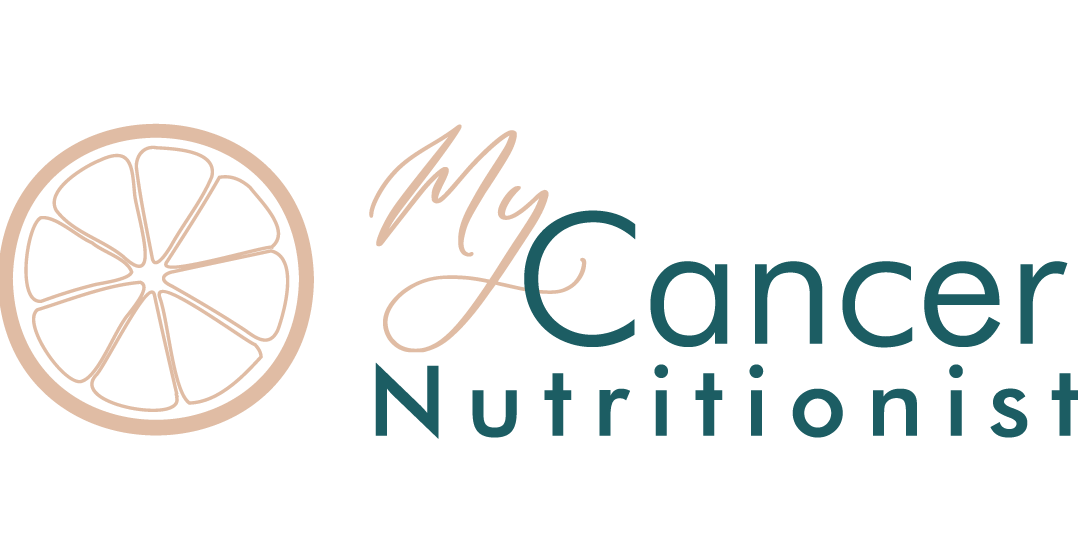Vitamin D: Its Crucial Role in Cancer Prevention and Treatment
Introduction:
In the realm of health and wellness, the role of vitamins and minerals in maintaining optimal bodily functions cannot be overstated. One such essential nutrient that has gained significant attention in recent years is vitamin D. While primarily known for its role in bone health, emerging research has shed light on the profound impact of vitamin D on cancer prevention and treatment. This article delves into the importance of vitamin D in the battle against cancer and presents compelling evidence supporting its role in reducing the risk and improving outcomes. So, let's explore the sun-kissed nutrient that holds immense potential in the fight against cancer.
The Link Between Vitamin D and Cancer:
A substantial body of scientific evidence has established a strong association between vitamin D and various types of cancers, including breast, prostate, colorectal, and pancreatic cancers, among others. Research suggests that maintaining optimal vitamin D levels can significantly reduce the risk of developing these malignancies. Studies have shown that vitamin D plays a vital role in regulating cell growth, cell differentiation, and immune function, all of which are critical factors in cancer development and progression.
Reduced Cancer Risk:
Multiple studies have demonstrated a correlation between higher levels of vitamin D and a decreased risk of developing certain cancers. For instance, a meta-analysis published in the British Medical Journal found that individuals with higher levels of circulating vitamin D had a reduced risk of colorectal cancer [1]. Similarly, research has also shown a significant inverse relationship between vitamin D status and the incidence of breast and prostate cancers [2,3].
Improved Cancer Outcomes:
Beyond cancer prevention, optimizing vitamin D levels has shown promise in improving outcomes for individuals already diagnosed with cancer. A study published in the Journal of Clinical Oncology revealed that colorectal cancer patients with higher levels of vitamin D had a significantly lower risk of cancer recurrence and improved overall survival rates [4]. Furthermore, several studies have highlighted the potential of vitamin D supplementation in enhancing the effectiveness of chemotherapy and reducing its toxic side effects [5].
Mechanisms of Action:
The mechanisms through which vitamin D exerts its cancer-protective effects are multifaceted. Vitamin D binds to specific receptors in cells, triggering a cascade of molecular events that regulate the expression of genes involved in cell proliferation, apoptosis (cell death), and inflammation. These processes collectively contribute to inhibiting tumor growth and metastasis [6].
Safe Sun Exposure and Supplementation:
While the body can produce vitamin D when exposed to sunlight, factors such as geographical location, time of year, and sun protection practices can limit its synthesis. It’s important to note that vitamin D can only be synthesised when the shadow is shorter than the object casting it, so for many places that’s only between the months of May-October. Therefore, maintaining optimal vitamin D levels often requires a combination of safe sun exposure and dietary supplementation. As a cancer nutritionist, I always test my clients vitamin D levels to determine the appropriate dosage and duration of any supplementation.
For more information on protecting your skin against the sun and what foods may help - read ‘The Benefits & Risk of Sun Exposure: How To Protect Yourself’
Vitamin D rich foods:
Fatty Fish: Salmon, mackerel, trout, sardines, and tuna are excellent sources of vitamin D.
Cod Liver Oil: This oil is derived from the liver of codfish and is one of the richest sources of vitamin D.
Egg Yolks: The yolks of eggs contain vitamin D, but keep in mind that the amount may vary depending on the chicken's diet and exposure to sunlight.
Mushrooms: Some varieties of mushrooms, such as shiitake and maitake, contain a moderate amount of vitamin D, particularly when exposed to sunlight or UV light. Put your mushrooms out in the sun to increase their vitamin D levels.
Fortified Dairy Products: Many dairy products like milk, yogurt, and cheese are fortified with vitamin D. Check the labels to ensure they are fortified.
Fortified Plant-Based Milk: Some plant-based milk alternatives like soy milk, almond milk, and oat milk are fortified with vitamin D.
Fortified Breakfast Cereals: Certain breakfast cereals, particularly those made from fortified grains, can provide a good amount of vitamin D.
Beef Liver: Although not as commonly consumed as other foods on this list, beef liver is a nutrient-dense organ meat that contains vitamin D.
It's important to note that while these foods are good sources of vitamin D, the body's primary source of vitamin D is through sunlight exposure. Dietary sources of vitamin D can supplement natural synthesis, especially during periods of limited sun exposure or when specific dietary needs require additional intake.
Conclusion:
The mounting evidence underscores the importance of vitamin D in cancer prevention and treatment. Its ability to modulate cellular processes, regulate gene expression, and strengthen the immune system highlights its immense potential in combating cancer. However, it is essential to approach vitamin D optimization as part of a comprehensive cancer prevention and treatment strategy, which includes a healthy lifestyle, regular screenings, and personalized medical advice.
Further Reading:
Garland CF, et al. Vitamin D for cancer prevention: global perspective. Ann Epidemiol. 2009 Jul;19(7):468-83.
Mohr SB, et al. Meta-analysis of vitamin D sufficiency for improving survival of patients with breast cancer. Anticancer Res. 2014 Sep;34(9): 1163-6.
Maalmi H, et al. Circulating 25-hydroxyvitamin D and survival in women with ovarian cancer. Am J Clin Nutr. 2015 May;101(5):109-14.
Ng K, et al. Prospective study of predictors of vitamin D status and survival in patients with colorectal cancer. Br J Cancer. 2011 Jul;105(6):943-50.
Mohr SB, et al. Vitamin D and prostate cancer: a prediagnostic study with stored sera. Cancer Epidemiol Biomarkers Prev. 2009 Dec;18(12): 2954-60.
Bikle DD. Vitamin D metabolism, mechanism of action, and clinical applications. Chem Biol. 2014 Mar;21(3):319-29.




